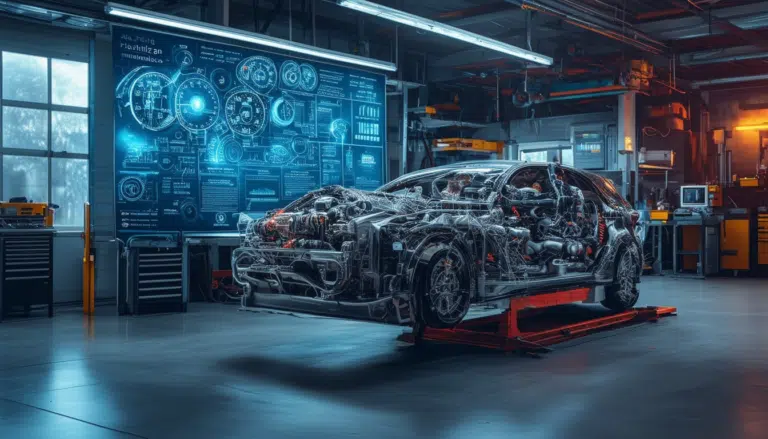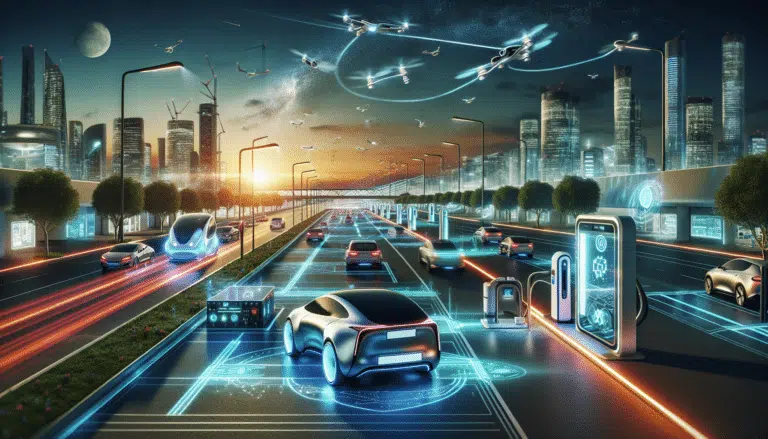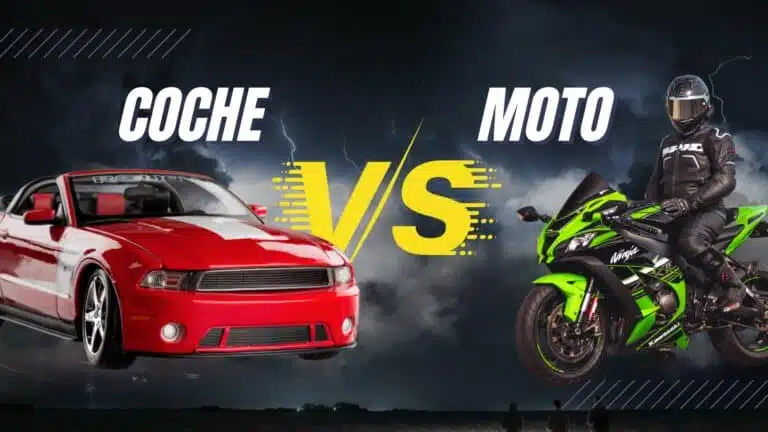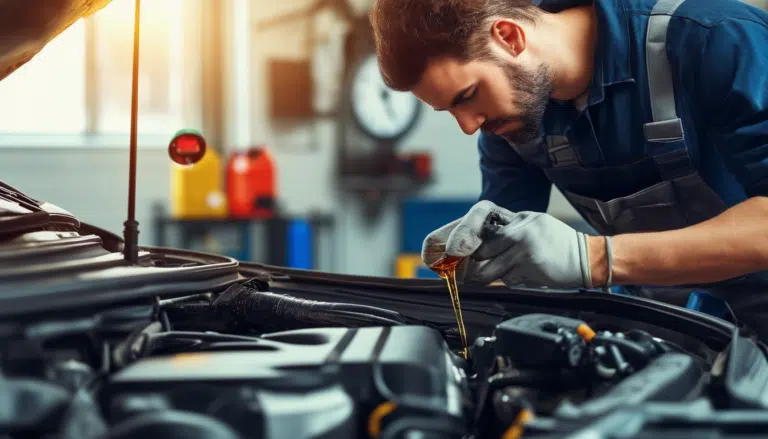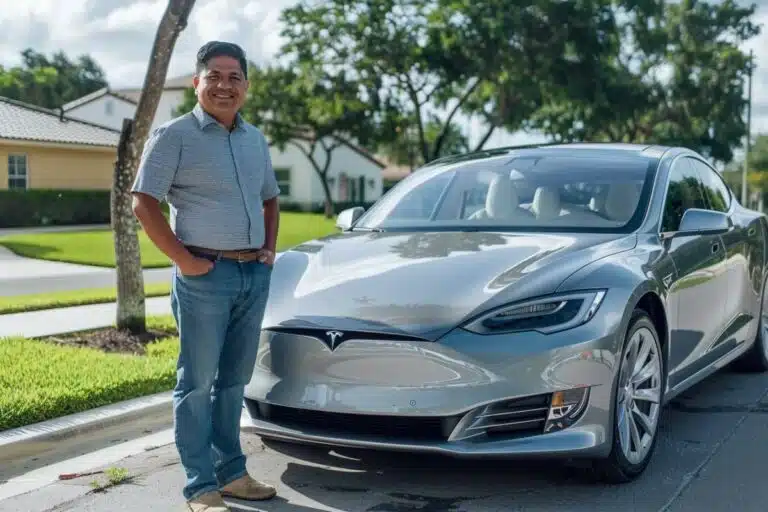BMW will integrate four powerful engines across its entire range of M electric vehicles.
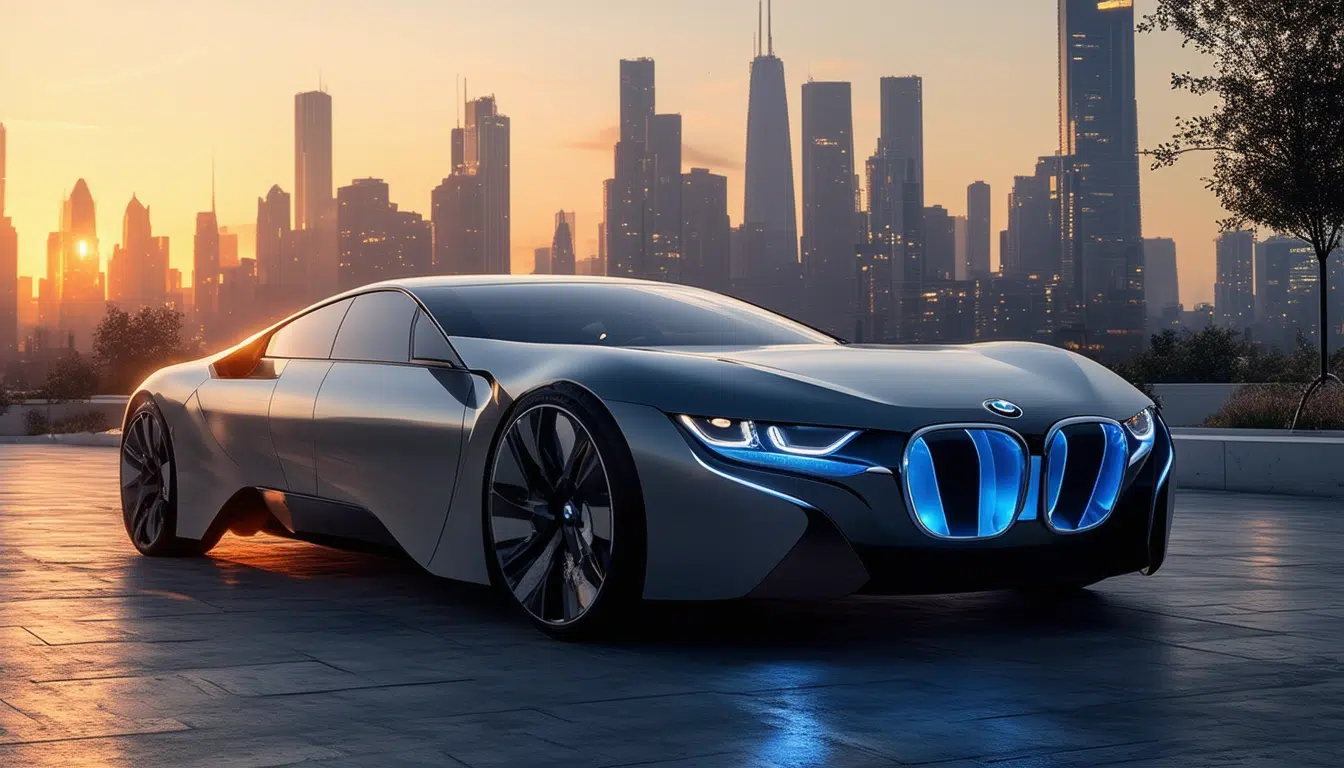
In the automotive world, BMW is making a milestone with the integration of four powerful motors in its line of M series electric vehicles. This innovative configuration promises to redefine the future of sports driving, providing an unparalleled level of performance and dynamism. As electrification advances, BMW ensures that power and excitement remain at the core of its automotive DNA.
In a move towards complete electrification, BMW has announced its plan to integrate four powerful motors in each vehicle of its electric M line. This promises to revolutionize the driving experience, bringing dynamics, quality, and performance to an unprecedented level. Prototypes are already in development, with plans for launch expected before the decade ends. This initiative is part of a larger effort to experiment with electric technology and redefine the meaning of sports driving in the world of electric cars.
An emission-free future for M models
BMW M, known for its high performance, will take a few years to offer fully electric vehicles. However, models like the i5 M60 and the i7 M70 are already part of the M Performance range. These vehicles act as a bridge toward the ultimate goal of an emission-free M model by 2030. The technology underlying these vehicles was initially tested in the successful i4 M50.
The technology behind the four motors
The use of four motors in BMW’s M electric vehicles promises an incomparable level of performance. According to Carsten Wolf, head of Global Vehicle Development at BMW M, this propulsion system will provide dynamic features that are difficult to imagine with current technology. These motors are key to achieving effective all-wheel traction and more powerful energy regeneration, maximizing efficiency and power.
Prototypes in action and initial challenges
The development and testing of BMW’s prototypes have revealed both successes and challenges. Documented in a fascinating video, the process behind the i4 M50 with four motors showed the difficulties faced, such as problems with the air conditioning compressor that required changes in the front motors to resolve them. Despite these challenges, BMW engineers have shown remarkable determination to have the prototype ready for evaluation by senior executives.
Structural innovations
The i4 M50 prototype features a series of structural innovations. With carbon-ceramic brakes, a reinforced body, and new subframes on both the front and rear axles, it is designed to withstand the tremendous performance of its four motors. These modifications are essential to ensure the rigidity and stability of the vehicle under high-performance conditions.
The path to production model
With a sports sedan electric model similar to the M3 in the works, BMW appears to be preparing for mass production of fully electric high-performance vehicles. Testing will continue until 2027 or 2028, when the first production model is expected to be ready for the market. Meanwhile, a new gasoline-powered sedan is also in development, codenamed G84, and is rumored to begin production in mid-2028.
The ongoing commitment to innovation
BMW continues to lead the charge towards electrification with its commitment to integrate advanced technology into its future vehicles. Including partnerships such as Volkswagen’s investment in software along with Rivian (more details here), the company seeks to expand the capabilities of its electric vehicles. In a world where efficiency and innovation are crucial, BMW M is positioned to redefine the standard of electric automotive performance.
The Future of BMW’s Electric M Range
The decision by BMW to integrate four motors in its future electric M vehicles represents a bold step towards complete electrification. Aiming to deliver unparalleled dynamism and performance, this configuration promises to transform the driving experience, taking it to unexpected heights. This strategy not only underscores BMW’s commitment to technological innovation but also its aspiration to remain a benchmark in the high-performance automotive sector.
Throughout the coming decades, as the world slowly transitions to a cleaner energy model, BMW seeks to lead this change with its M vehicles. The inclusion of four motors will enable total traction to all wheels, maximizing vehicle power and control. Furthermore, this configuration opens the door to new possibilities in terms of energy regeneration, thus increasing the autonomy of cars on longer routes.
The evolution of BMW‘s electric prototypes, starting with the i4 M50, indicates that the Bavarian brand is making significant progress. As these prototypes evolve, not only is the vehicle’s capability increasing, but a more stable and sustainable trajectory for future models is being ensured. Technical challenges are being addressed with creativity and precision, ensuring that each test contributes to a more refined and efficient design.
Ultimately, BMW is firmly committed to redefining the concept of M vehicles, merging the characteristics that have made them iconic with the most advanced technologies of the future. With each step, electric M cars will not only become an extension of BMW’s legacy but also a testament to how engineering remains a driving force in the automotive world. The excitement of this new automotive era is just beginning, and BMW is ready to lead us into it.

